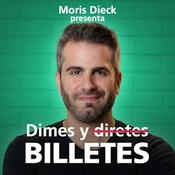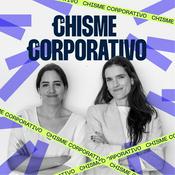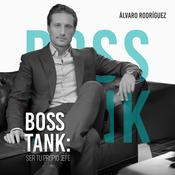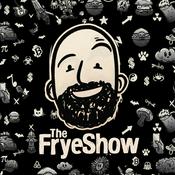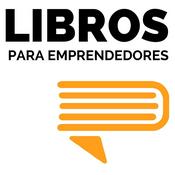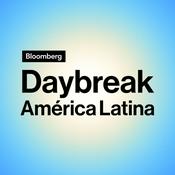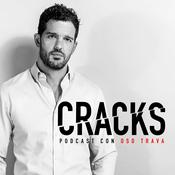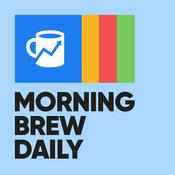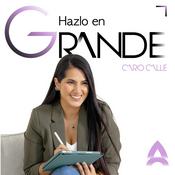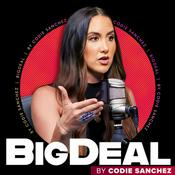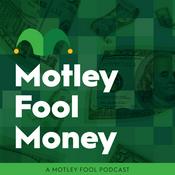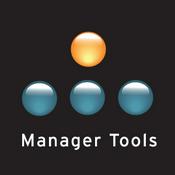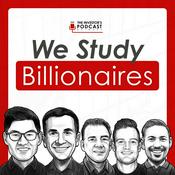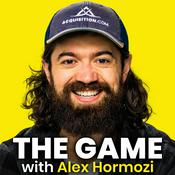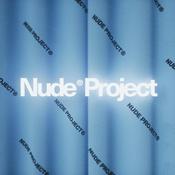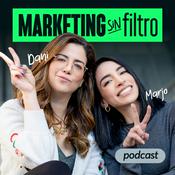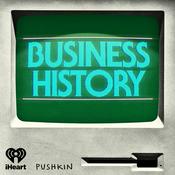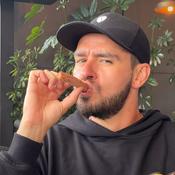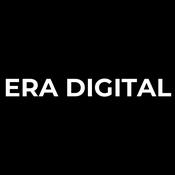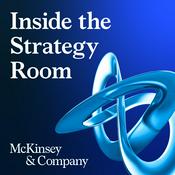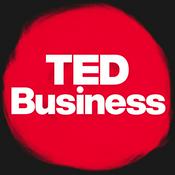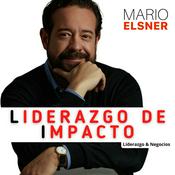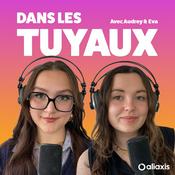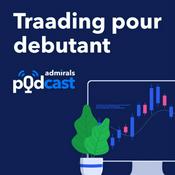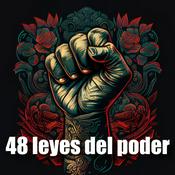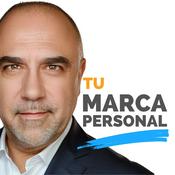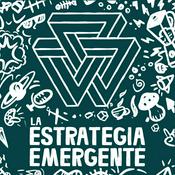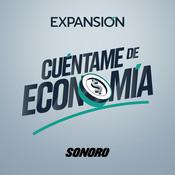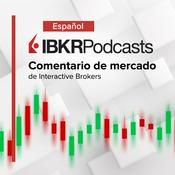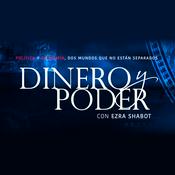280 episodios
- The U.S. Men’s Olympic speed skating team devised a new approach to the team pursuit event following their disappointing performance in the 2018 Winter Olympics. The team saw promising initial results from their innovations, but they faced a decision about whether to reveal their new techniques. The U.S. Team’s strategy was easily imitated if competitors witnessed it in a race, but it was a risk not to test it in competition before the Olympics. And, were here possible upsides to imitation if it improved the entire sport? Should they share their techniques, and if so, when? Harvard Business School Assistant Professor Rebecca Karp joins Brian Kenny to discuss the case, “A Winning Strategy: Innovation in Olympic Speed Skating.”
- By 2025, the business podcast Acquired was getting one million listeners per episode, having doubled the audience year over since Ben Gilbert and David Rosenthal started it in 2015. And they’d grown without a strict release schedule or relentless optimization. Still, they felt pressure to scale—without throwing off their work-life balance. How did they determine a way forward? They join Harvard Business School Professor Shane Greenstein and host Brian Kenny to discuss the case “The Acquired Podcast: Scaling the Mic.”
- In 2025, Golden Goose, the Italian brand known for its handcrafted, distressed sneakers, was at a crossroads. CEO Silvio Campara had grown the label from a cult favorite into a $650 million global force, but sustaining that growth raised tough questions: Should the company double down on sneakers, expand into ready-to-wear and accessories, or push into emerging international markets? Harvard Business School Professor Juan Alcacer and entrepreneur Alexandre Daillance co-wrote the case “Golden Goose: Reshaping Luxury.” They join host Brian Kenny to explore how the brand has upended traditional fashion norms by embracing imperfection, inviting co-creation, and redefining what it means to scale in the luxury world.
- In 2019, Equitable’s CEO, Mark Pearson, set out to change how the 163-year-old financial services firm gets work done. He wanted the firm to speed up decision-making and empower employees through a flatter hierarchy, agile teams, and more opportunities to lead. Most divisions thrived under the new model. Others clung to old habits. Several years in, the effort sheds light on core questions: What does true cultural change look like? What makes it last? And how do leaders bring skeptics along? Harvard Business School Professor Das Narayandas joins Pearson and COO Jeff Hurd to discuss the case “New WOW at Equitable: A New Way of Working.”
- In this special holiday crossover episode from Harvard Business School’s Climate Rising podcast, Professor Mike Toffel talks with ThredUp CEO James Reinhart about the company’s mission to extend the life of apparel and reduce waste through resale. As thrifting becomes more popular and circular business models gain traction, Reinhart explains why ThredUp built a national logistics and tech platform, how it collaborates with big brands, and the growing role of AI and automation in the industry.
Más podcasts de Economía y empresa
Podcasts a la moda de Economía y empresa
Acerca de Cold Call
Cold Call distills Harvard Business School's legendary case studies into podcast form. Hosted by Brian Kenny, the podcast airs every two weeks and features Harvard Business School faculty discussing cases they've written and the lessons they impart.
Sitio web del podcastEscucha Cold Call, Dimes y Billetes y muchos más podcasts de todo el mundo con la aplicación de radio.net
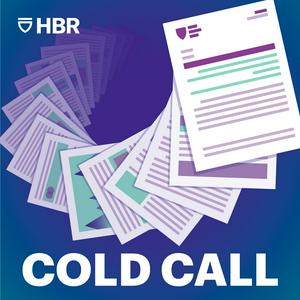
Descarga la app gratuita: radio.net
- Añadir radios y podcasts a favoritos
- Transmisión por Wi-Fi y Bluetooth
- Carplay & Android Auto compatible
- Muchas otras funciones de la app
Descarga la app gratuita: radio.net
- Añadir radios y podcasts a favoritos
- Transmisión por Wi-Fi y Bluetooth
- Carplay & Android Auto compatible
- Muchas otras funciones de la app


Cold Call
Escanea el código,
Descarga la app,
Escucha.
Descarga la app,
Escucha.


